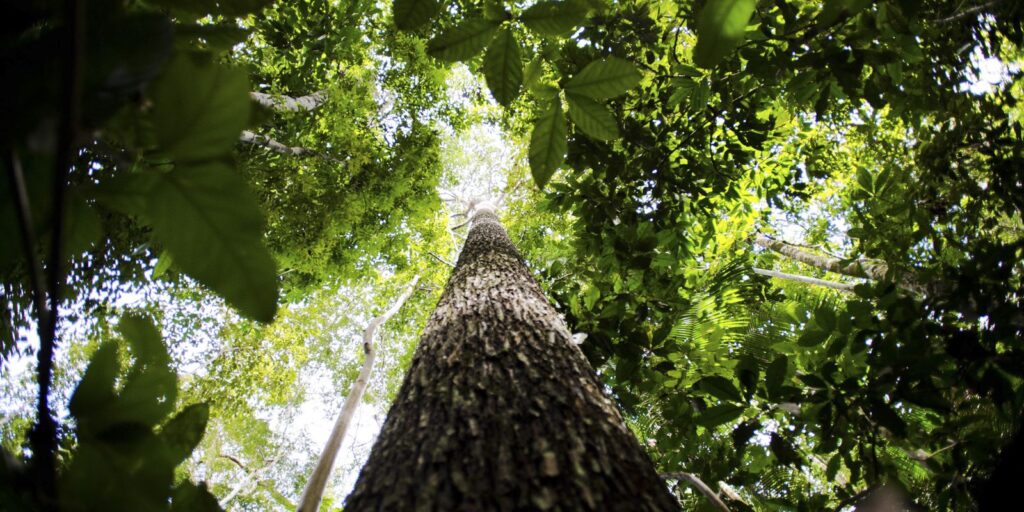On June 1, in the last debate in the Senate of the Republic, it was approved the bill that seeks the prohibition of single-use plastics in the countryled by the representative to the Chamber, Juan Carlos Losada.
(Colombia produces 1.4 million tons of plastic per year).
According to the document of the Congress of the Republic, Law 274 of 2020 has the purpose of prohibiting in the national territory the manufacture, import, export, marketing and distribution of single-use plastics.
The new law also contemplates fines, seizures and closures to those who break the rule; The money collected by these sanctions should be used for cleaning programs in ecosystems with water resources, recovery of fauna and flora.
(Congress approves elimination of single-use plastics in Colombia).
In this sense, Learn about the single-use plastics that have been banned.
1. Payment point bags used to pack, load or transport packages and merchandise, except those that are reusable or for industrial use.
2. Bags used to pack newspapers, magazines, advertising and invoices, as well as those used in laundries to pack washed clothes.
3. Empty bag rolls in commercial areas to pack, load or transport packages and merchandise or carry food in bulk, except for raw animal products.
4. Containers or packages, containers and bags to contain non-prepackaged liquids, for immediate consumption, to take away or for home deliveries.
5. Plates, trays, knives, forks, spoons, glasses and gloves to eat.
6. Mixers and straws for drinks.
7. Plastic supports for the inflator pumps.
8. Confetti, tablecloths and streamers.
9. Containers or packages and containers to contain or carry meals or food not prepackaged in accordance with current regulations, for immediate consumption, used to take away or for home deliveries.
10. sheets to servepack, wrap or separate food for immediate consumption, used to take away or for home delivery.
11. Plastic cotton swab holders or flexible swabs with cotton tips.
12. Single-use dental floss handles or holders.
13. Packaging, containers or any container used for the commercialization, to the final consumer, of fresh fruits, vegetables and tubers that in their natural state have shells; fresh aromatic herbs, fresh vegetables and fresh mushrooms. Such packages, containers or containers may be used to guarantee food safety, prevent loss or waste of food, and/or protect their integrity against damage, as long as the materials used are fully recyclable and /or recycled, as permitted by health regulations, and have reincorporation goals in a circular economy model.
14. stickers, labels or any distinctive that is affixed to plants.
BRIEFCASE
(With information from EL TIEMPO)

















